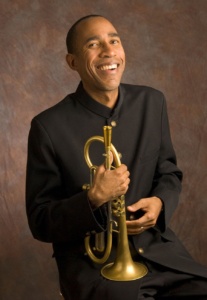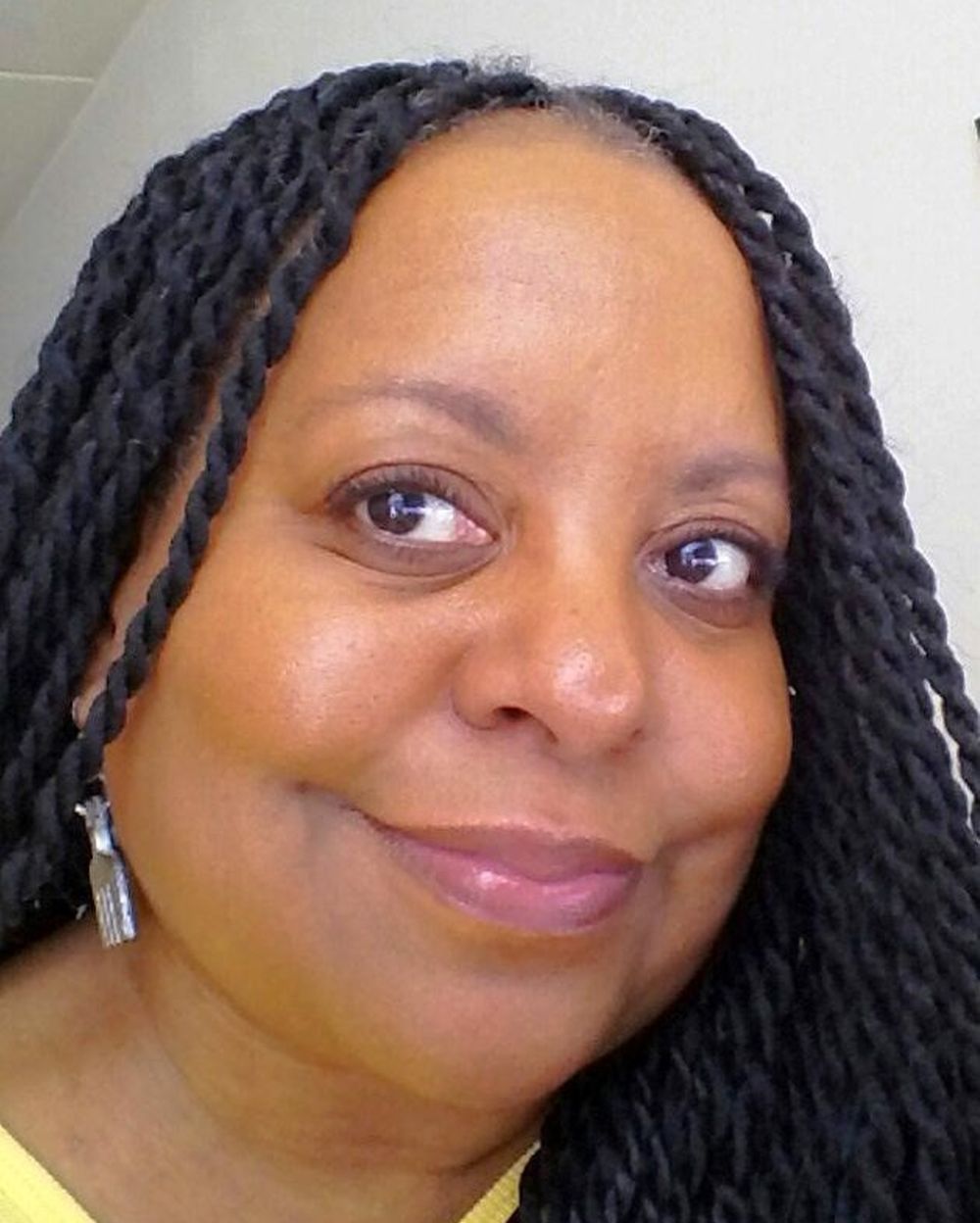Long Play on The Nightside — Ron Miles Tribute
 Ron Miles, whose gleaming, generously understated cornet playing made him one of the most rewarding bandleaders in contemporary jazz, died on Tuesday at his home in Denver. He was 58.
Ron Miles, whose gleaming, generously understated cornet playing made him one of the most rewarding bandleaders in contemporary jazz, died on Tuesday at his home in Denver. He was 58.
His label, Blue Note Records, said in an announcement that the cause was complications of a rare blood disorder.
Miles had only recently gained the wider attention that he had long deserved, and his death proved as wrenching as it was unexpected for a jazz world already reeling from a cavalcade of untimely deaths during the coronavirus pandemic.
The pianist Jason Moran paid tribute to Mr. Miles in a Facebook post, praising the spirit that he poured into both his compositions and his contributions to other people’s bands. “He’d make a chart with so much soul and simplicity,” Mr. Moran wrote. “And he would imbue any other song with that soulfulness as well. Every turn was original.”
Only with the 2017 release of “I Am a Man,” a collection of seven inspired originals played by an all-star quintet, did the scope of his creativity gain wider recognition. Three years later, Blue Note released the quintet’s second album, “Rainbow Sign,” a set of languorous, poignant tunes that he had written while caring for his ailing father, who died in 2018.
The title had a few levels of meaning for Mr. Miles, all of them intertwined. Referring to a passage in the Book of Revelation, when Christ perceives that his skin is multihued, Mr. Miles said the rainbow was a symbol of humanity’s oneness. “The idea of a rainbow is that it’s this thing that takes us outside of our expectations and our limitations of what we can see,” he told Westword.
While grieving, Mr. Miles had also been drawn to mythology that sees rainbows as a gateway connecting the living to their ancestors. “Those who have left us can come back when we see a rainbow and visit us,” he said, “and we can interact with them through this rainbow.”
On his first album, “Distance for Safety,” released in 1987, Mr. Miles led a hard-driving trumpet-bass-drums trio infused with equal doses of rock and free jazz. He went on to release a string of consistently unorthodox albums on various small labels, conforming to no favored format or style; they included “Witness,” a 1989 quintet date, and “Heaven,” a 2002 duo record with the guitarist Bill Frisell.
As Mr. Miles’s career went on, an expansive Rocky Mountain sound seeped ever more indelibly into his compositions and his playing, which was rough around the edges but balanced and controlled at its core. In the 2000s he switched fully from the trumpet to the cornet, a slightly less glamorous instrument that seemed to suit him.
Unlike a typical East Coast trumpeter, he rarely flitted or zipped around on the instrument. He approached notes as if to disarm them, sometimes allowing tones to fill themselves out gradually, becoming wide and full and bright. The melodies he traced felt designed to be followed, even when they went fiendishly askew.
By his mid-50s, Mr. Miles had become the leading brass player in what can now be considered a legitimate subgenre in jazz: the blending of American folk, blues, and country with cool jazz and spiritual influences. One of its originators was Mr. Frisell, a Denver native 12 years older than Mr. Miles. In the 1990s and 2000s, drummer Brian Blade and his Fellowship Band were its biggest exponents. Mr. Miles worked closely with both musicians.
He began collaborating with Mr. Frisell in the 1990s, playing first in the guitarist’s unusual quartet (joined by trombone and violin); they went on to appear in a variety of each other’s ensembles. Mr. Blade joined them in a trio under Mr. Miles’s direction that recorded a pair of arresting albums, “Quiver” (2012) and “Circuit Rider” (2014), before expanding into a quintet.
With Mr. Moran added on piano and Thomas Morgan on bass, Mr. Miles composed for the band with each individual musician in mind. And he gave his side musicians full scores, rather than just individual parts, so that they would see how all their voices would move together.
The band became a darling of the jazz world, and “I Am a Man,” released on Enja/Yellowbird Records, garnered widespread acclaim. Mr. Miles made his first appearance as a leader at the Village Vanguard last year, playing that storied club’s reopening week after it had been shut down for a year and a half because of the coronavirus.
Mr. Miles is survived by his wife, Kari Miles; his daughter, Justice Miles; his son, Honor; his mother; his brother, Johnathan; his sisters, Shari Miles-Cohen and Kelly West; and his half-sister, Vicki M. Brown.
Tune in to The Nightside with Andy O’ on Sunday night, March, 20, from 8 to midnight.
Source: Giovanni Russonello The New York Times
Stay connected to KUVO’s programs and our community’s activities: Sign up for the station’s Oasis Online E-newsletter today!
Become a Member
Join the growing family of people who believe that music is essential to our community. Your donation supports the work we do, the programs you count on, and the events you enjoy.
Download the App
Download KUVO's FREE app today! The KUVO Public Radio App allows you to take KUVO's music and news with you anywhere, anytime!



